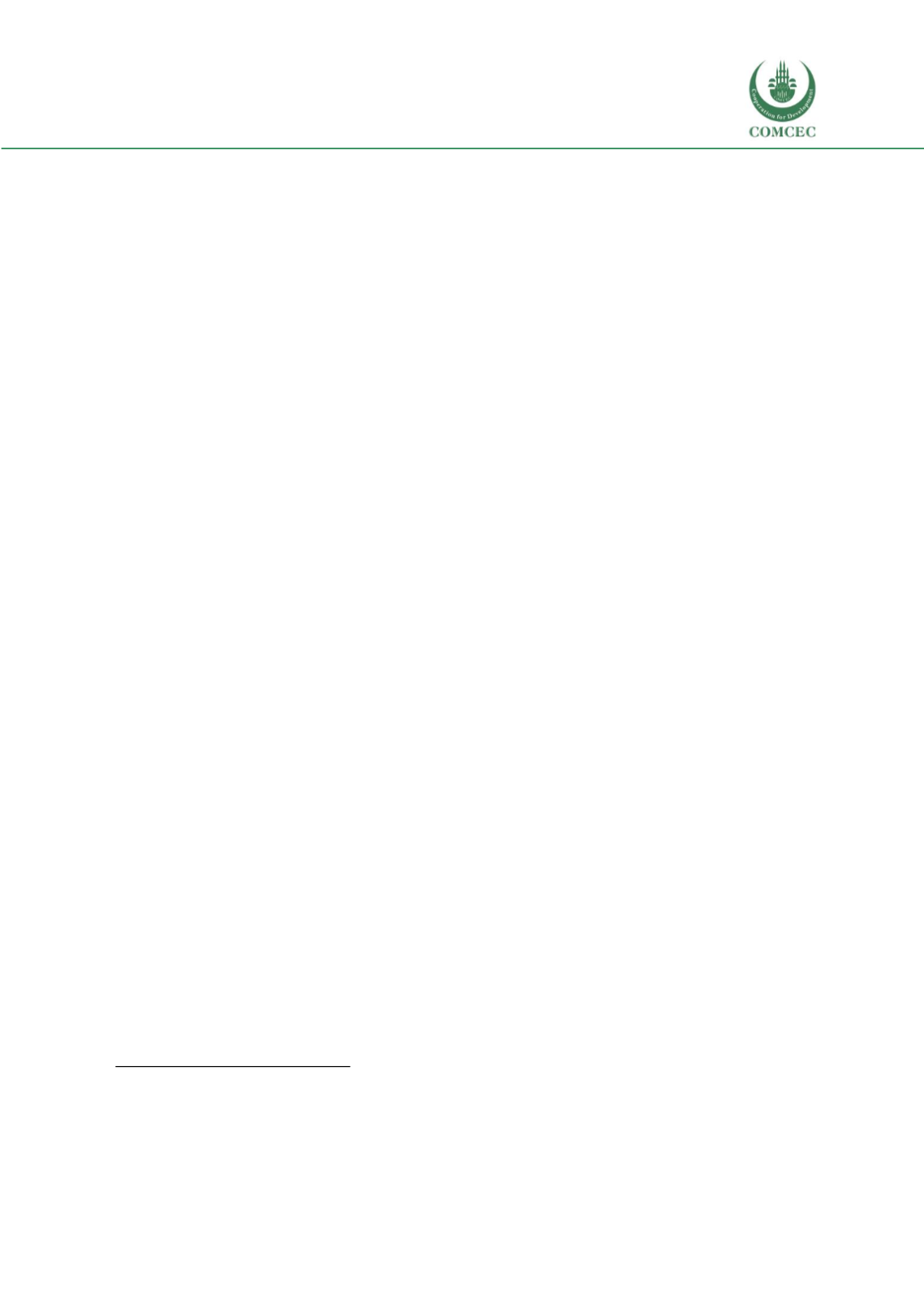

Education of Disadvantaged Children in OIC:
The Key to Escape from Poverty
93
With a young population and growing levels of unemployment, and given the large influx of Syrian
refugees to the country, providing quality education emerges as one of the main policy areas for
the Turkish government to improve people’s lives as well as their economic and social outcomes.
This chapter will provide a description of the Turkish education system by focusing on the
determinants of access to schooling, the challenges encountered, and the policies/responses
planned.
Education System Overview
Education in Turkey is centrally administrated, planned, delivered and monitored. The Ministry
of National Education (MoNE) is the main government body that holds the power of decision- and
policy-making. MoNE has full control over the use of the education budget, the management of
personnel, and the development of the curriculum. Under the MoNE’s management there are
provincial and district level directorates that act as MoNE representatives on the ground. The
MoNE centrally oversees any institution operating in the education sector, and educational
programmes need to be approved by the MoNE in order to be implemented.
258
259
In Article 18 of the Law Number 1739, the general structure of the Turkish National Education
System is described as being composed of formal and non-formal education. Formal education
includes pre-school education, primary education, secondary education and higher education
institutions. There are also private education institutions offering pre-primary education, primary
education and secondary education. Non-formal education is composed of all educational
activities organized beside or outside formal education. In Article 3 of the same law non-formal
education is described as being organized in an integrated manner with formal education so that
they can complement each other and a student can gain similar qualities attending either one of
them.
There are 12 years of compulsory and free education in Turkey. Primary education lasts for 4
years and is followed by 4 years of junior secondary school education. Secondary education, also
known as high schools, have two main branches i) general secondary education, and ii) vocational
and technical high schools.
Private schools in Turkey operate under MoNE accreditation. While for early years, Ministry of
Family and Social Policies (MoFSP) also provides services, their main focus is on care. According
to latest formal education statistics released by the MoNE, at the primary level there are 1,274
private primary schools as against 24,249 public schools catering for 4.97 million students.
260
Around 95 per cent of students of primary and lower secondary education are enrolled in public
schools. While the pupil:teacher ratio is lower in private schools (except in vocational and
technical high schools), 9.1 vs. 17.3 in primary, 9.8 vs. 17.2 in lower secondary, 8.5 vs. 17.2 in
258
World Bank Group (2014)
259
UNESCO International Bureau of Education (2010)
260
Ministry of National Education (2017)
















